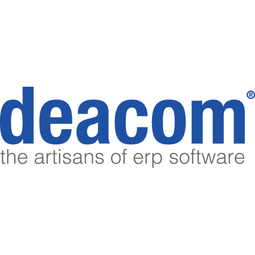Deacom
Case Studies
Tripling Sales with Deacom ERP: A Case Study on Copps Industries
Overview
 |
Tripling Sales with Deacom ERP: A Case Study on Copps IndustriesDeacom |

|
Automation & Control - Automation & Process Control Systems Automation & Control - Distributed Control Systems | |
Electronics Mining | |
Facility Management Procurement | |
In-process Traceability Process Control & Optimization | |
Cloud Planning, Design & Implementation Services System Integration | |
Operational Impact
| The implementation of Deacom ERP and its Managed Cloud Services has brought about significant operational improvements for Copps Industries. The company has seen greater efficiencies, better process control, and unparalleled savings in operational costs and IT expenses. The system has also allowed for a more streamlined workflow, with all information accessible in Deacom, enabling employees to track every order at all times. The transition to the cloud version of Deacom also provided Copps with the flexibility to move to remote work during the COVID-19 pandemic without the need for makeshift solutions. Looking forward, Deacom will continue to support Copps as it expands to a new facility at the end of 2021, with the goal of consolidating several functions under one roof. | |
Quantitative Benefit
| Copps Industries’ sales have tripled since going live with Deacom in 2008 | |
| Copps experienced a 20% reduction in outside IT support just by moving to the cloud version of Deacom | |
| Deacom users within Copps have increased by 44% over the last two years | |


